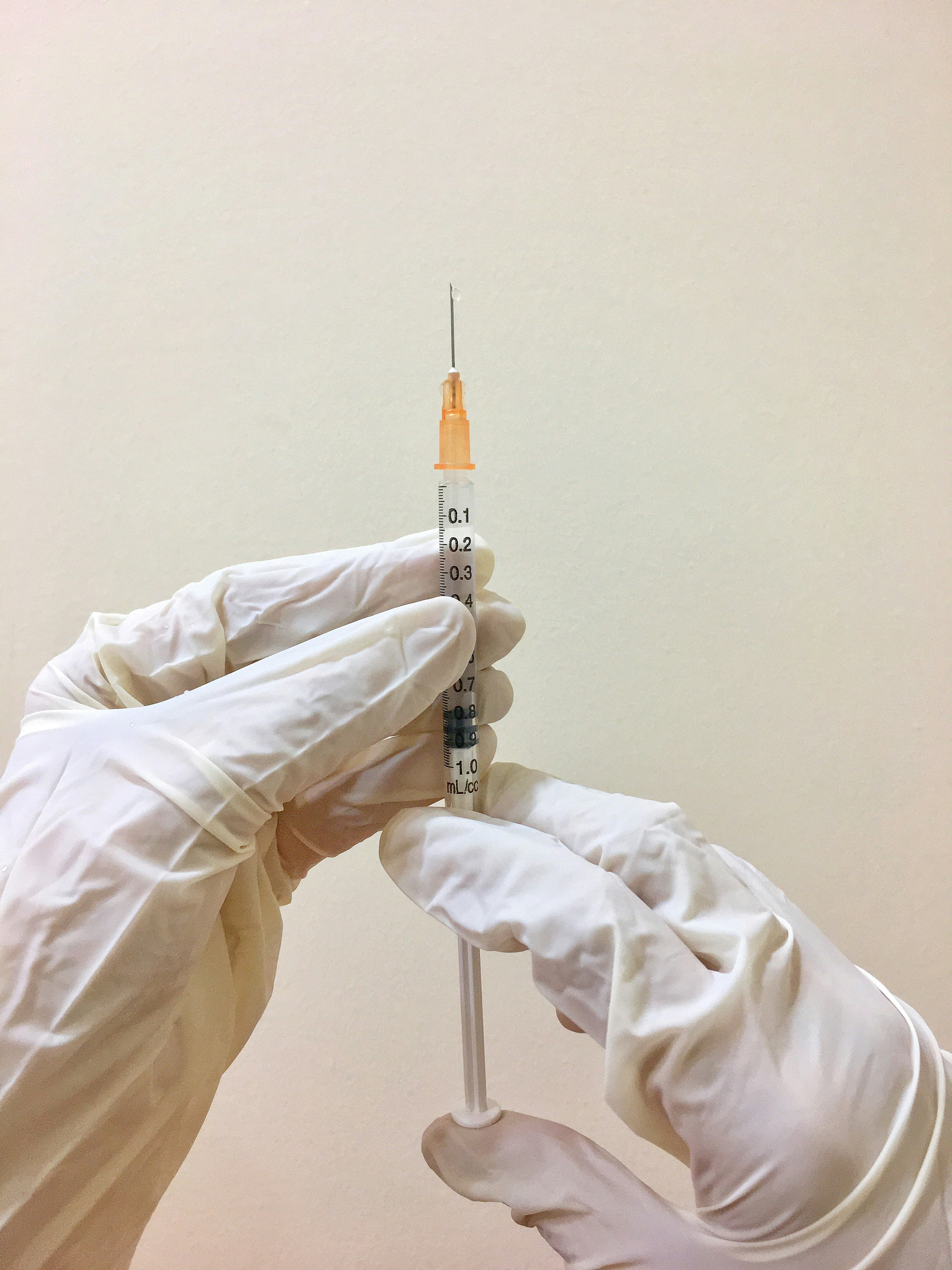Introduced to replace the EU regional economic development funding following Brexit, the £1.5bn UKSPF is the main formula-based and flexible source of levelling up funding targeted at economically disadvantaged areas.
UKSPF funding can be allocated under three broad themes of supporting community projects and infrastructure, helping small and medium businesses, and helping economically inactive people overcome barriers to work, including through basic skills training and volunteering opportunities.
Funding is currently only confirmed until the end of the current financial year. The Conservatives have now said they would continue with current levels of funding until 2028, before shifting funding to the National Service scheme.
As the table below shows, Wales receives the most funding for the current financial year (£340m) for Wales, followed by the South of England, excluding Cornwall (£272m), and then the North of England, excluding the North East & Tees Valley (£270m).
Table 1. UKSPF allocations (2024-25) inc. Multiply funding
|
Region
|
Allocation (£ million)
|
|
Wales
|
343
|
|
Cornwall
|
83
|
|
North East & Tees Valley
|
106
|
|
Northern Ireland
|
77
|
|
Scotland
|
124
|
|
Rest of North
|
270
|
|
Midlands
|
206
|
|
South
|
272
|
Funding per resident is significantly above average (£22 per resident) in East Wales, the Tees Valley, Northern Ireland and the North East mayoral area, and is higher in Scotland, the remainder of the North and the Midlands than in the South of England (excluding Cornwall).
The Conservative Party has said the UKSPF would be wound up in 2028 to provide £1.5bn of the £2.5bn funding required to pay for the National Service scheme for 18-year-olds across the UK.
The IFS said its replacement by the National Service would ‘represent a significant reduction in funding aimed at tackling geographic inequalities' and would mean a ‘significant disconnect between the rhetoric on the importance of ‘levelling up' and actual funding policy.
While how funding is allocated between military and community service is as yet unclear, the IFS said it was likely that the funding allocations would be based to on the number of 18-year-olds living in different areas rather than based on levels of socio-economic disadvantage.
As a consequence the scheme would increase regional inequalities with economically disadvantaged areas losing hundreds of millions of pounds with Cornwall and Wales hardest hit.
When comparing the proportion of funding under the UKSPF and National Service by region, Wales drops from 23% to 4.5%, Cornwall from 5.5% to 0.8% and the North East and Tees Valley from 7% to 3.9%.
In total funding terms, Wales, Cornwall, the North East and Tees Valley would be worse off by £275m, £72m and £46m, respectively, while the South of England would see a substantial increase in net funding.
David Phillips, an associate director at the IFS, said: ‘The Conservatives' plan to wind up the UKSPF and use the resources instead to help pay for a new national service scheme would represent a major shift in how funding is allocated across the country.
‘The scheme may therefore create opportunities for young people across the UK but would mean hundreds of millions less in funding for community and economic development in Wales, Cornwall and the North and Midlands of England.
‘That said, if it were to remain in place, the UKSPF is in need of significant reform, not least to the funding allocations which are based to a large extent on data from the mid-2000s and contain a big ‘cliff edge' which means areas whose characteristics differ just a little can get vastly different amounts of funding.'



